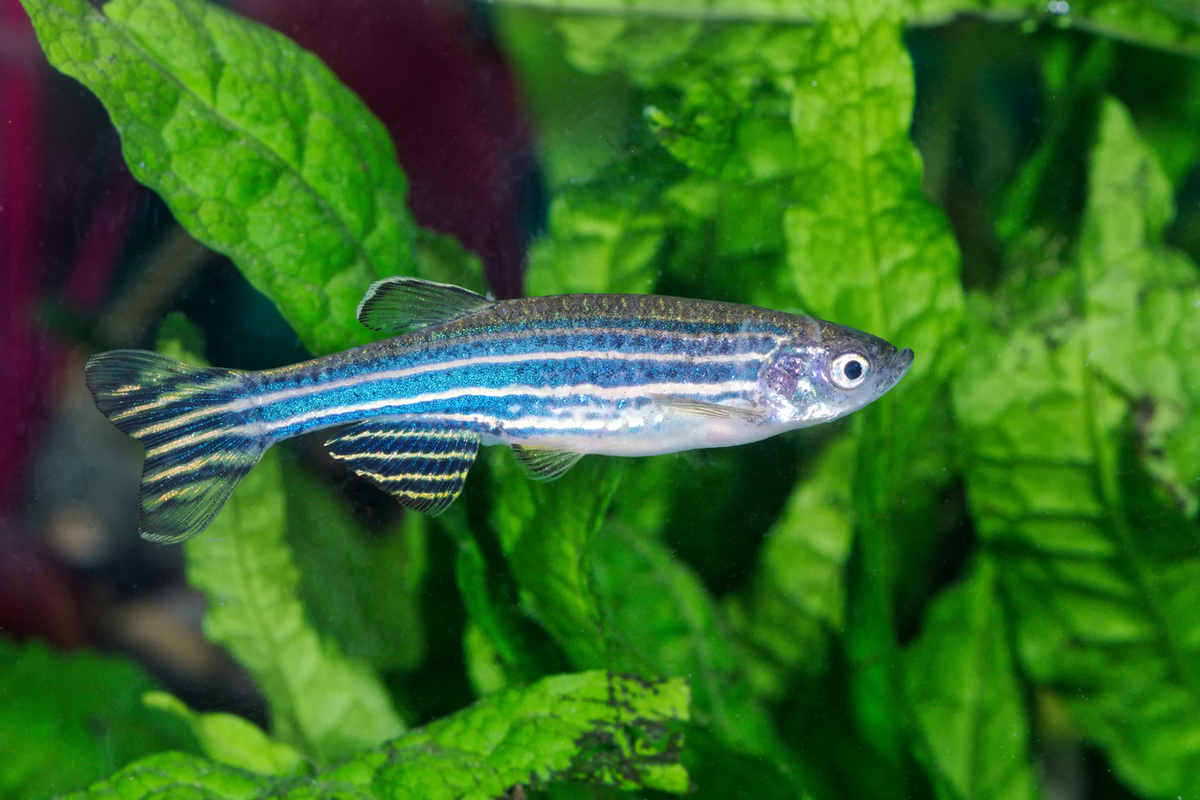
CRISPR Improves Behavioral Choice of Zebrafish to Prey-like Visual Stimuli
January 31, 2024| |
A study published in Neuron shows that deleting the Calmodulin-interacting peptide Pcp4a gene regulates the behavioral choice of zebrafish. This breakthrough is essential for understanding the influences on zebrafish's decision-making in response to various external stimuli and internal needs.
Animals make fundamental behavioral decisions towards objects in their environment. To thrive and survive in complex environments, animals decide whether to approach or avoid potential danger. The researchers found that food intake represses the Pcp4a gene, a key regulator in the behavioral choice of zebrafish. Thus, the researchers deleted the Pcp4a gene to make the food-deprived fish behave like the fed ones in response to prey-like stimuli.
These mutant lines were generated using the CRISPR-Cas9 technique. The results of the study suggest that the deletion of the Pcp4a gene did not affect the visual processing and motor impairments of zebrafish. As a result, zebrafish take fewer risks with the objects in their environment and become less responsive to prey-like visual stimuli.
For more information, read the journal article from Neuron.
| |
You might also like:
- Experts Reveal Success of CRISPR in Improving Fish
- Spineless Fish Developed Through Genome Editing in China
- Electric Eels Transfer Genes to Nearby Animals Through Electroporation
Biotech Updates is a weekly newsletter of ISAAA, a not-for-profit organization. It is distributed for free to over 22,000 subscribers worldwide to inform them about the key developments in biosciences, especially in biotechnology. Your support will help us in our mission to feed the world with knowledge. You can help by donating as little as $10.
-
See more articles:
-
Plant
- EU Proposal for Gene-Edited Plants Gets First Green Light from Parliament
- VIB Submits Application for Field Trial of Genome-edited Maize
- Study Finds Maize Gene Vital in Pollen Fertility and Crop Yield
-
Animal
- CRISPR Improves Behavioral Choice of Zebrafish to Prey-like Visual Stimuli
- Researchers Engineered FGF2 Autocrine Signaling to Reduce High Costs in Cultivated Meat Production
- Gene Genies: Gene Editing by Filipino Scientists (Applications in Livestock and Aquaculture)
-
Health
- Novel Approach Shows Biomarkers for Development and Disease
- Resin Eliminates Coronavirus on Plastic Surfaces
-
Read the latest: - Biotech Updates (February 18, 2026)
- Gene Editing Supplement (January 28, 2026)
- Gene Drive Supplement (February 22, 2023)
-
Subscribe to BU: - Share
- Tweet

